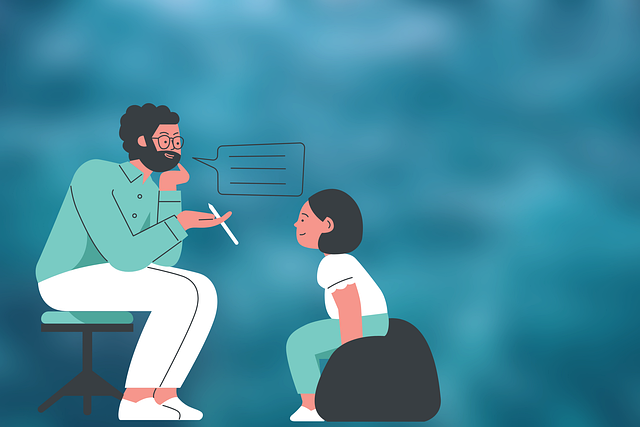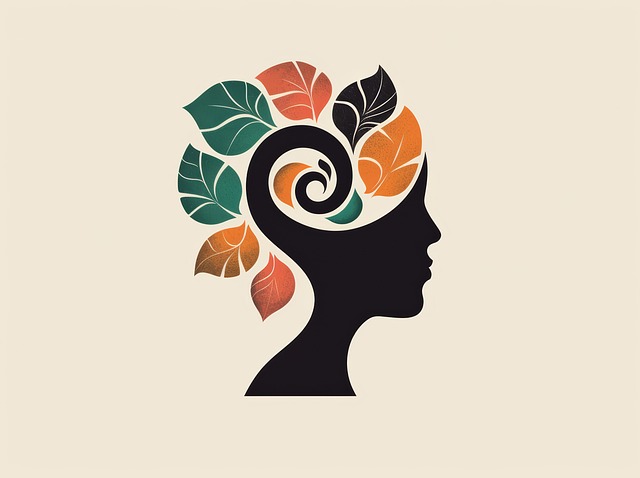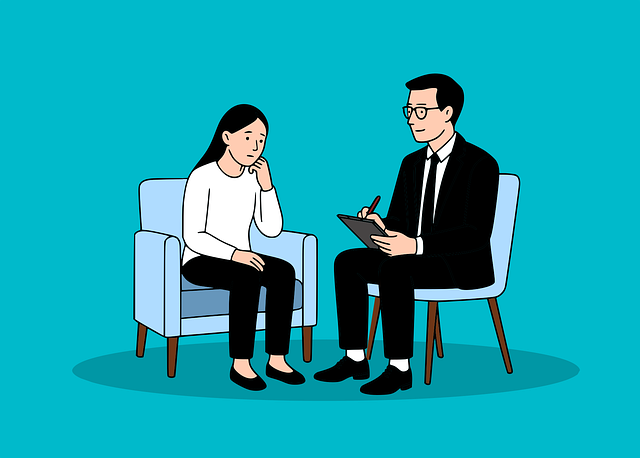Colorado Springs Trauma Therapy offers a specialized, supportive environment, combining open dialogue, group activities, and tailored stress management techniques to aid emotional healing and inner strength development. Facilitators prioritize confidential, non-judgmental spaces, integrating self-care practices and compassion cultivation for enhanced community building and resilience. Effective communication strategies, including active listening, validation, and reframing, ensure every member feels heard in this vibrant, diverse city. Therapeutic activities like art therapy and guided meditations cater to various learning styles, fostering growth, connection, and effective coping mechanisms while preventing burnout.
“Discover the transformative power of group facilitation in Colorado Springs Trauma Therapy. This comprehensive guide explores effective strategies for mental wellness support, tailored to the unique needs of individuals seeking healing. From cultivating a safe haven to engaging participants through dynamic activities, each technique is designed to foster growth and resilience. Learn how to build a supportive community, encourage open communication, and incorporate therapeutic exercises that empower members on their journey towards mental wellness.”
- Understanding Mental Wellness Group Facilitation in Colorado Springs Trauma Therapy
- Building a Safe and Supportive Environment
- Effective Communication and Engagement Strategies
- Incorporating Therapeutic Activities for Group Growth
Understanding Mental Wellness Group Facilitation in Colorado Springs Trauma Therapy

Mental Wellness Group Facilitation in Colorado Springs Trauma Therapy is a specialized approach designed to foster inner strength development and promote healing among individuals who have experienced trauma. This unique therapeutic setting encourages participants to navigate their emotional landscapes through shared experiences, fostering a sense of community and collective support. The process involves facilitating open dialogue, leading group activities, and teaching practical stress management techniques tailored to the specific needs of those seeking Colorado Springs Trauma Therapy.
The design of Mental Health Education Programs in this context goes beyond mere information sharing; it emphasizes creating a safe, non-judgmental space where individuals can explore their mental health challenges openly. Skilled facilitators guide discussions on trauma recovery, helping participants develop coping strategies and build resilience. By integrating these programs with the vibrant community of Colorado Springs, individuals not only gain access to specialized care but also learn valuable tools for maintaining long-term wellness, thereby enriching their overall quality of life.
Building a Safe and Supportive Environment

Creating a safe space is paramount when facilitating mental wellness groups, especially in Colorado Springs Trauma Therapy settings. This involves establishing an environment where every participant feels accepted, respected, and supported. Facilitators should encourage open dialogue while ensuring confidentiality, fostering a non-judgmental atmosphere that encourages vulnerability. Incorporating self-care practices and emotional well-being promotion techniques can significantly enhance the group’s dynamics.
By modeling inner strength development strategies, facilitators demonstrate resilience and coping mechanisms. This not only provides valuable learning opportunities but also reinforces a sense of community. Through active listening, empathy, and structured activities, the environment becomes conducive to healing and personal growth, ultimately empowering individuals to navigate their mental health journeys with renewed confidence.
Effective Communication and Engagement Strategies

In facilitating mental wellness groups, especially in a vibrant city like Colorado Springs with its diverse population and robust Community Outreach Program Implementation, effective communication and engagement strategies are paramount. These techniques foster an inclusive environment where every member feels heard and valued. Utilizing compassion cultivation practices, facilitators can create safe spaces that encourage open dialogue and emotional healing processes. By actively listening, validating experiences, and reframing negative perspectives, therapists enable participants to build resilience and strengthen coping mechanisms.
Engaging activities tailored to the group’s needs, such as guided meditations or interactive exercises, not only promote active participation but also enhance bonding among members. Incorporating diverse communication methods—verbal, non-verbal, and written—ensures that different learning styles are accommodated. This holistic approach ensures that each individual in the group receives the support and care they need to navigate their emotional healing journeys effectively.
Incorporating Therapeutic Activities for Group Growth

Incorporating therapeutic activities into group facilitation is a powerful way to foster growth and connection among participants, especially in settings like Colorado Springs trauma therapy. These activities go beyond traditional talk therapy, offering hands-on experiences that can enhance self-awareness, build resilience, and promote inner strength development. By engaging in creative processes, such as art therapy or guided meditations, individuals can explore their emotions, process traumatic experiences, and develop effective coping mechanisms.
Group settings provide a unique opportunity for peer support and shared understanding. Facilitators can design activities that encourage participants to share their stories, offering a safe space for vulnerability. This not only enhances group cohesion but also contributes to burnout prevention by fostering a sense of community and collective resilience. Through these therapeutic practices, individuals gain valuable tools for stress management, learning to navigate challenges with greater equanimity and self-compassion.
Mental wellness group facilitation plays a pivotal role in supporting individuals through trauma therapy in Colorado Springs. By creating safe, supportive environments, employing effective communication strategies, and incorporating therapeutic activities, facilitators foster collective growth and healing. These techniques not only enhance the overall effectiveness of group therapy but also provide a powerful framework for personal transformation in this vibrant community.









